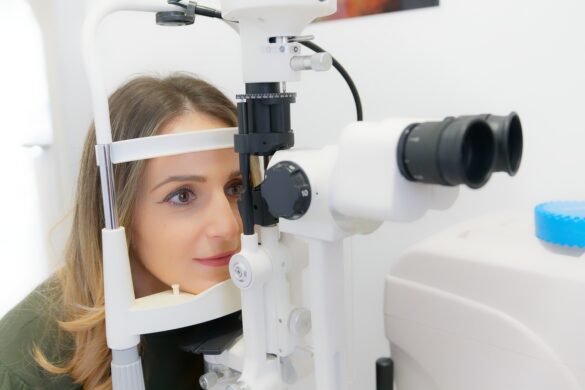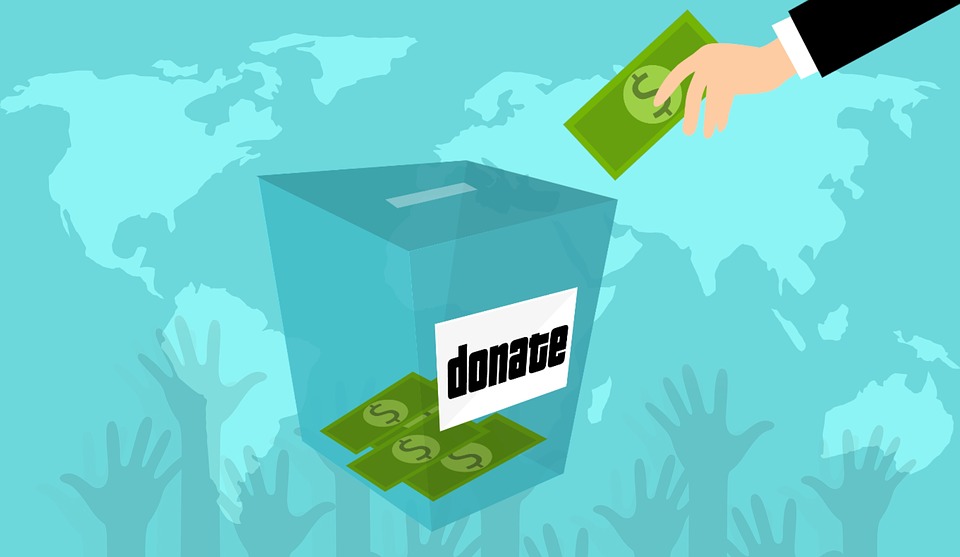
Enduring sexual abuse can cause permanent trauma that completely changes an individual’s personality and outlook on life. Sexual abuse victims can react to their traumas differently. While some individuals may immediately be affected by the incident, younger victims may take years until mental complications begin to arise. Sexual assault can both physically and psychologically harm a person, and in many cases, the outcome is permanent.
Here’s a glimpse of the dark realities that sexual abuse victims face.
Mental Effects
Individuals can endure severe mental health complications after being abused sexually, especially as children. Children can be an easy target for sexual predators everywhere from schools, to sports leagues; effecting different communities, ages, and sexual abuse can cause depression, PTSD, personality disorders, as well as suicidal thoughts. Studies have proven that sexual abuse can cause a permanent chemical imbalance in the brain, which can affect both psychological and motor functions, especially when individuals are exposed to this trauma at a young age when their brains are still in development.
Social Behavior
A sexual abuse victim can seem aloof and dissociated, while other victims may experience a high sex drive in their teens and young adult years as a coping mechanism to non-consensual sex. It’s common for victims to seek many consensual encounters, where they feel like they have full control. However, not all victims are aware of their behavior, and many may shrug off their experience as something in the past, despite their traumas actively shaping their social behaviors.
Many victims may also have trust issues, recurrent nightmares, and may experience unexplained periodic crying. Although the victims may not actively have flashbacks, these psychological drawbacks are nonetheless a result of their past traumas. On the other hand, children may become rebellious and may lose interest in their studies. Psychotherapists have explained this as a means to call out for help, especially when the child in question has not yet spoken up about his or her experience.
Addiction
Drugs and alcohol may appeal to victims of sexual abuse as a coping mechanism, but in many cases, victims are perfectly aware of why they’re turning to drugs. Speaking up may have the outcome of facing family members and friends, which victims fear may warp their image to other people. As a result, they may turn to chemical euphoria through drugs or may be drawn to alcoholism to cope with flashbacks.
However, victims facing addiction on top of their trauma can seek professional help; specialized rehabs can help victims gradually cut back on alcohol or drugs, rather than force them to quit cold-turkey. This method can avoid flashbacks and emotional pain from having adverse effects on the victims in question, which can cause recurrent suicidal thoughts.
Physical Effects
Aside from mental health complications, physical disability can result from sexual abuse. Victims may have trouble walking or speaking, while some women may experience complications with fertility. This can be a result of direct physical abuse, or an outcome of a chemical imbalance in the brain, which may affect speech and motor functions.
One of the most common physical side effects of sexual abuse trauma is becoming nonverbal. Being a victim at a young age may drive individuals to become complacent in further abuse, to the point where they are unable to speak against it. Victims of sexual abuse are likely to become domestic abuse victims in the future due to their nonverbal nature.
Prolonged Trauma
The trauma of sexual abuse may be prolonged or permanent, and an individual may experience flashbacks years after their abusive encounter. Some victims may feel numb immediately after their abuse and experience the adverse side effects of their trauma years later. This seems to be more common, seeing as untreated victims may take years to process their trauma, while others may suppress their memories to avoid emotional pain.
Seeking professional psychotherapy can prevent the adverse effects of suppression, and can help victims cope with their trauma, or take any needed medication to treat the symptoms of the mental health complications that they may experience. Aside from curing chemical imbalance, therapy and coaching can help victims become verbal again, in order to appropriately act in a situation that requires their verbal rejection. This can be crucial to prevent sexual abuse victims from reliving their trauma in a similar experience.
If you or someone you know has been sexually abused, consulting a mental health professional as well as an attorney is strongly advised. Suicidal thoughts, depression, dissociation, and other mental health complications may affect victims of sexual abuse, while professional psychotherapy can help a victim cope with their trauma.









